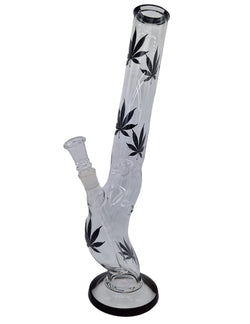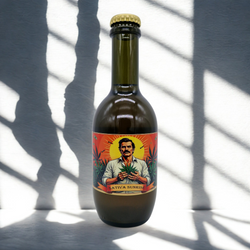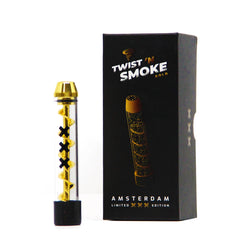If you are one of the hundreds of Italians who fly to the Canary Islands every winter for a holiday in the mild climate or go to visit Barcelona and Madrid, you might want to try the experience of entering a Cannabis Social ClubLet's say right away that it might not be easy to access what are called the “Spanish coffee shops”, but it's definitely worth it.
To better understand this type of place it is important to tell their genesis and the difference with the much more famous ones. Dutch Coffee Shops. The latter were born starting from 1976, while the whole world was struggling with the war against heroin. At that time the Dutch government went decidedly against the grain and thought it could control drug consumption by allowing people to consume it in pre-established spaces and ways. In the Netherlands, the cultivation and sale of cannabis are still illegal today, however Coffee shops represent “free zones” where people can safely take weed and mushrooms. This is a real paradox, if you think about it: cultivation continues to be unregulated, uncontrolled and therefore in the hands of criminals. Furthermore, since Coffee shops can only hold limited quantities of weed, cannot advertise and cannot be located within walking distance of schools, they often live in a precarious condition. Over the last ten years, many coffee shops have closed their doors forever.
Spanish Cannabis Social Clubs are a reality that to the casual visitor may appear similar, but which hides a very different story. These "shops" are in reality private non-profit associations, within which Cannabis is self-produced and distributed among members. An initiative born "from below" which exploits a loophole in Spanish law: in the country, in fact, it is forbidden to consume weed in public, but not in private, while cultivation is only permitted for personal use. Spanish social clubs are therefore associations of citizens who meet in a private space to produce and consume weed in complete legality. These spaces are dedicated not only to cultivation and consumption, but are also home to many community and cultural initiatives. It's just a shame that the card to enter, by regulation, should be granted only to residents and never, ever to simple tourists. Furthermore, as also happens in the Netherlands, in Spain it is theoretically forbidden to advertise Cannabis clubs. So to find the nearest club you will have to rely essentially on word of mouth and hope that the owners will bend the rules and grant you the card. In Catalonia it is a little easier than in other Spanish regions: having understood the economic possibilities offered by theopening to tourists Many clubs encourage them to join and advertise for this, even if on paper it is not possible.
In Spain, as in the Netherlands, consumption and sales are not unlimited: each member of the Spanish clubs can consume approximately 60 grams per month.





